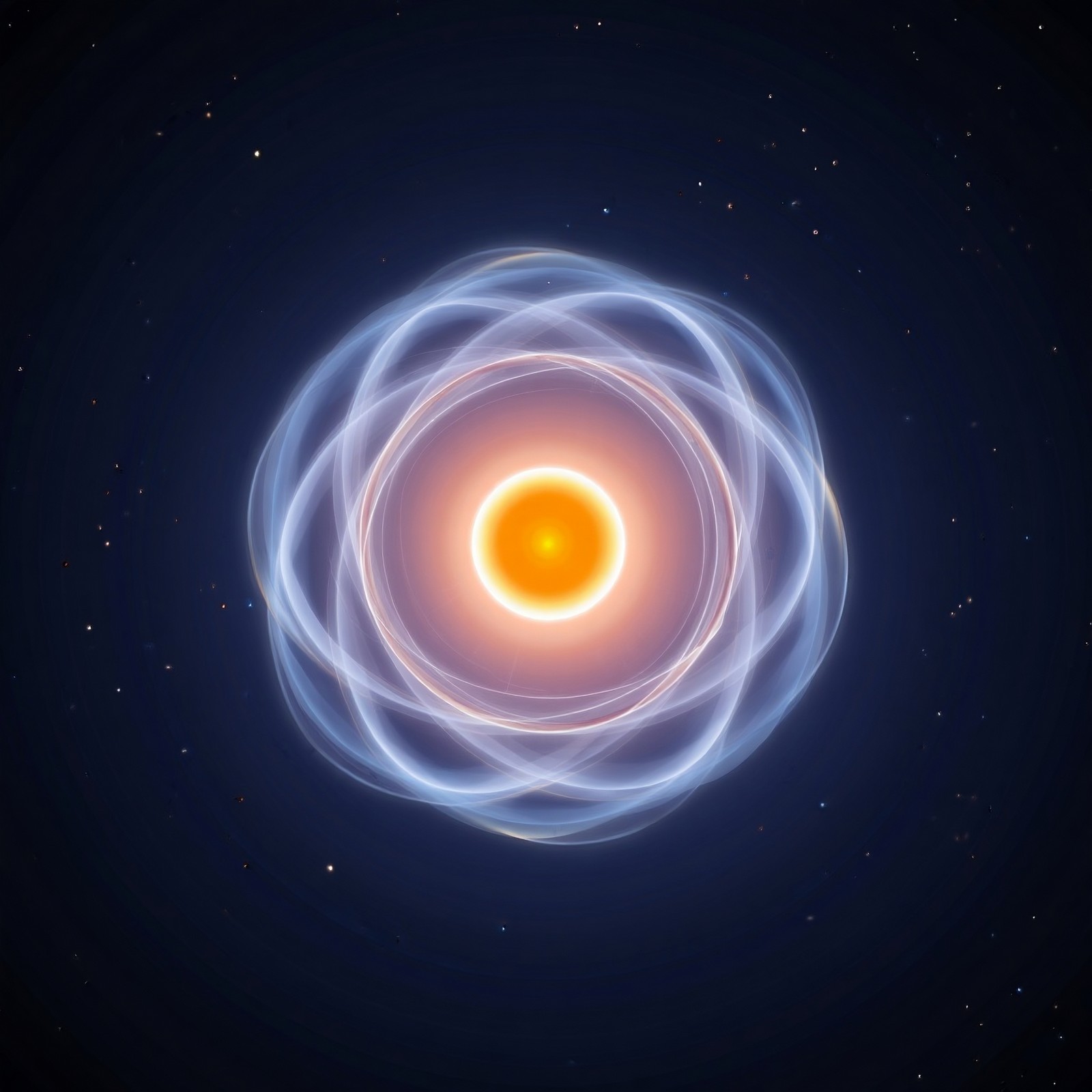⚛️ Quantum: for the first time, physicists bypass the Heisenberg uncertainty principle
Follow us on Google News (click on ☆)
Yet Australian physicists have just achieved the unthinkable: measuring these two quantities at the same time without violating this sacrosanct principle. Their secret? Using modular observables, a mathematical approach that elegantly circumvents the limitation. Instead of trying to know the absolute position and momentum, they focused on their relative variations within a fixed scale, as if measuring only the millimeters on a ruler without concerning themselves with the centimeters.

The experiment was conducted on a single ion, a charged atom trapped by electromagnetic fields. The researchers used lasers to create what is called a grid state, where the ion's wave function spreads out into a series of regularly spaced peaks. Each peak serves as a reference point, and when a tiny force moves the ion, the entire pattern shifts slightly. By analyzing these relative displacements, they were able to simultaneously detect changes in both position and momentum.
Note that the measured force, on the order of 10 yoctonewtons (or 0.00000000000000000000001 newton), is not the weakest ever detected, but the innovation lies in the simplicity of the experimental setup. While previous records required massive crystals and complex facilities, this approach uses a single atom in a relatively simple trap. This accessibility opens the way to practical applications in fields like quantum navigation, where traditional GPS systems fail.
Christophe Valahu, a physicist at the University of Sydney and lead author of the study, explains in a statement that this breakthrough could have an impact comparable to that of atomic clocks. Ultra-precise quantum sensors could revolutionize not only underwater and space navigation, but also medical and biological imaging, by detecting signals so weak that they escape conventional instruments.
This demonstration proves that quantum uncertainty is not an insurmountable barrier, but rather a frontier to be redefined. By accepting to lose some information considered non-essential, scientists manage to extract data that was previously impossible to obtain simultaneously. This measurement philosophy could inspire new generations of quantum technologies, making possible what seemed inconceivable just yesterday.
The Heisenberg Uncertainty Principle
Formulated in 1927 by German physicist Werner Heisenberg, this fundamental principle of quantum mechanics establishes that there is a fundamental limit to the precision with which certain pairs of physical properties of a particle, such as its position and momentum, can be simultaneously known. This limitation is not due to imperfections in measuring instruments, but to the very nature of quantum reality.
The uncertainty arises from the fact that any measurement in quantum mechanics necessarily disturbs the observed system. To determine the position of a particle with high precision, one must use radiation with a short wavelength, which transfers significant momentum to the particle, making its velocity uncertain. Conversely, precisely measuring velocity requires prolonged observation, which makes the position fuzzy.
This uncertainty relation is expressed mathematically by an inequality: the product of the uncertainties in position and momentum can never be less than a fundamental constant related to Planck's constant. This principle also applies to other pairs of observables, such as energy and time, creating fundamental limits to what can be known in the quantum universe.
Contrary to a common misconception, the uncertainty principle does not mean that particles lack definite properties, but rather that these properties do not exist in a determined manner before measurement. It is this characteristic that fundamentally distinguishes the quantum world from the classical world we perceive in our daily lives.